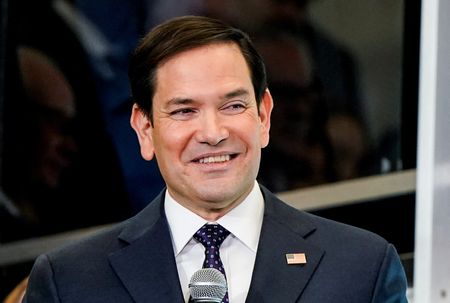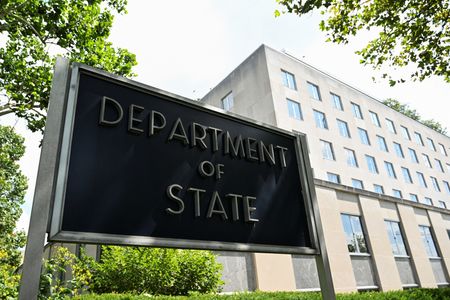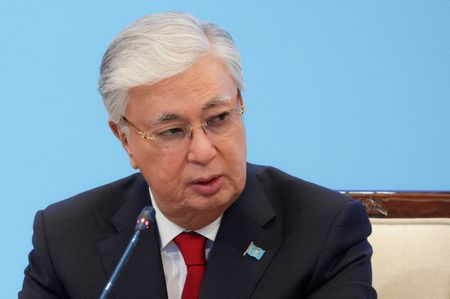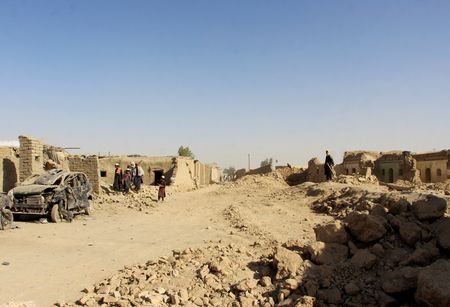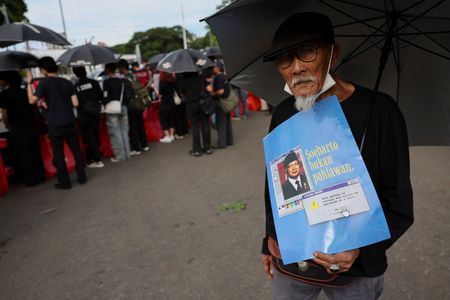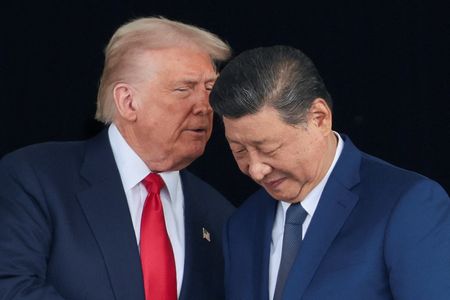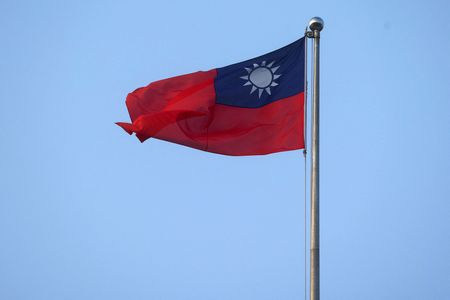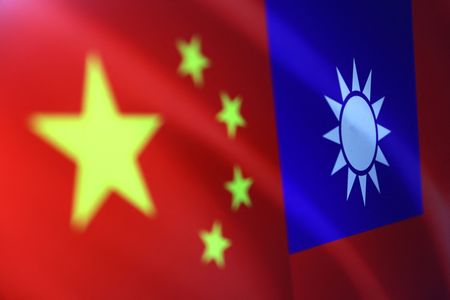(Reuters) -New U.S. Secretary of State Marco Rubio discussed China’s “dangerous and destabilizing actions in the South China Sea” with his Philippine counterpart on Wednesday and underscored the “ironclad” U.S. defense commitment to Manila.
“Secretary Rubio conveyed that (China’s) behavior undermines regional peace and stability and is inconsistent with international law,” the U.S. State Department said in a statement on the call with Foreign Minister Enrique Manalo.
The Philippines has been embroiled in wrangles at sea with China in the past two years and the two countries have faced off regularly around disputed features in the South China Sea that fall inside Manila’s exclusive economic zone.
Rubio’s call came after he hosted counterparts from Australia, India and Japan in the China-focused “Quad” forum on Tuesday, the day after President Donald Trump returned to the White House. The four recommitted to working together.
Quad members and the Philippines share concerns about China’s growing power and analysts said Tuesday’s meeting was designed to signal continuity in the Indo-Pacific and that countering Beijing would be a top priority for Trump.
In the call with Manalo, Rubio “underscored the United States’ ironclad commitments to the Philippines” under their Mutual Defense Treaty and discussed ways to advance security cooperation, expand economic ties and deepen regional cooperation, the statement said.
China’s foreign ministry said its activities in the waters were “reasonable, lawful and beyond reproach”.
Speaking at a regular press conference, ministry spokesperson Mao Ning said the United States was “not a party” to the South China Sea dispute, and had “no right to intervene” in maritime issues between China and the Philippines.
“Military cooperation between the U.S. and the Philippines should not undermine China’s sovereignty and maritime rights and interests in the South China Sea, nor should it be used to endorse the illegal claims of the Philippines,” Mao said.
The Philippines, a U.S. defence treaty ally, is among the first countries to engage with the new U.S. administration to discuss critical security matters, Manila’s defence department said in a statement.
Its defense secretary Gilberto Teodoro and U.S. National Security Adviser Mike Waltz met at the White House on Thursday to reaffirm the enduring alliance between their two countries.
Just ahead of Trump’s inauguration, the Philippines and the United States carried out their fifth set of joint maritime exercises in the South China Sea since launching the joint activities in 2023.
Security engagements between the allies have soared under Philippine President Ferdinand Marcos Jr., who has moved closer to Washington and allowed the expansion of military bases that American forces can access, including facilities facing the democratically-governed island of Taiwan, which China claims as its own.
Visiting the Philippines last week, Japanese Foreign Minister Takeshi Iwaya said a trilateral initiative to boost cooperation launched by Japan, the U.S. and the Philippines at a summit last year would be strengthened when the new U.S. administration took over in Washington.
(Reporting by David Ljunggren; Additional reporting by Colleen Howe in Beijing; Editing by Leslie Adler, Saad Sayeed, Kate Mayberry and Ros Russell)

